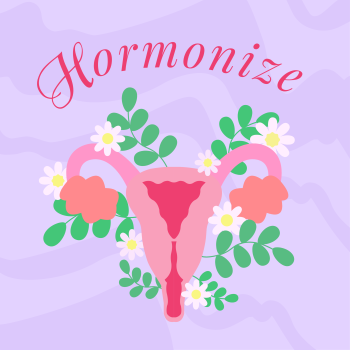
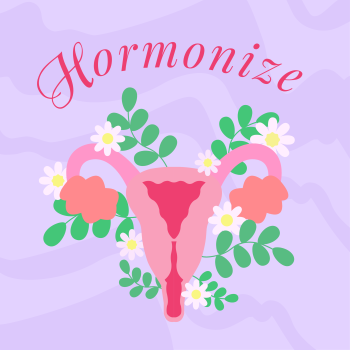
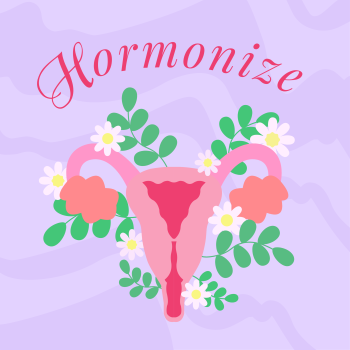
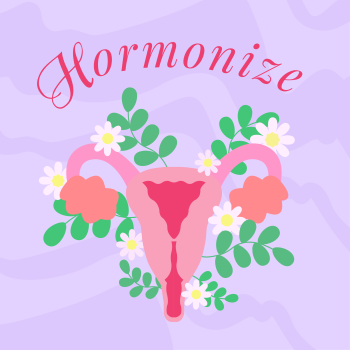
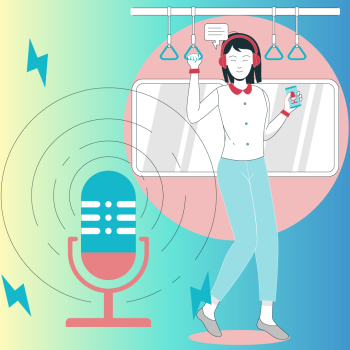
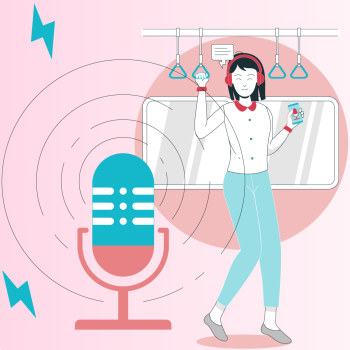
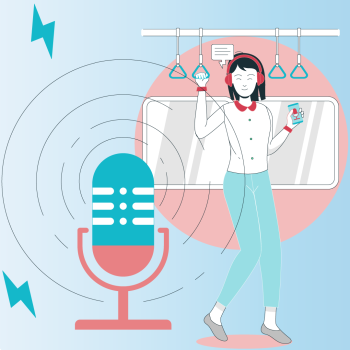
|
In 2015, countries committed to achieve an inclusive education by 2030 to ensure that their education systems would, by then, enable all the persons to learn and fulfil their potential. This inclusion refers to meeting the needs of any person at risk of exclusion or discrimination in education participation and experience. This inclusion has been associated primarily with ensuring that the girls, women, and persons with disabilities have non-discriminatory access to school and equal rights to participate in education at all levels. However, the education systems need to be responsive to all the learners’ needs, especially those at higher risk of experiencing exclusion.
Many learners are excluded, discriminated against on the basis of their actual or perceived sexual orientation, gender identity, gender expression, and/or sex characteristics. Variations of these characteristics are presented as anomalies and remain a sensitive topic in many communities; and thus, addressing them through education or training is banned in many societies across the world. As a result, education and training policy within such societies ignore the needs of lesbian, gay, bisexual, trans, inter-sex, queer, and other non-binary learners in the LGBTIQ community, exposed to all types of human rights violations.
LGBTIQ learners endure hostile conditions at school, experiencing exclusion and physical or psychological abuses resulting from bullying, discrimination, and violence. Such experiences negatively affect the learners’ health and well-being but also lead to worse education or training outcomes for most LGBTIQ youth, resulting in higher absenteeism, school drop out, drug abuse, etc. Thus, government-led interventions are needed to protect the right to education, health, and physical integrity for lesbian, gay, bisexual, trans, inter-sex, queer, and non-binary youth by creating safe and inclusive learning environments for all learners regardless of their sex or gender, and thus, shift societal attitudes and behaviour on gender diversity and inclusion. |





 Published on 03.06.2021 at 11:08
Published on 03.06.2021 at 11:08